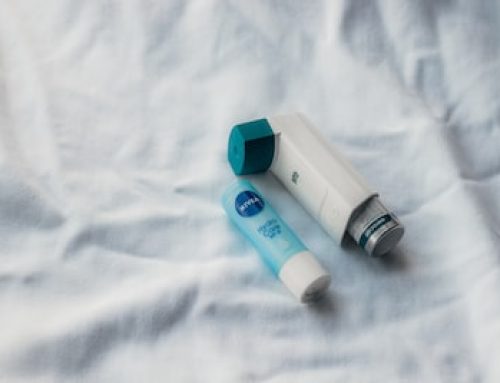Take a guess! What do you think is the most popular psychoactive drug in the whole wide world?! Well, its Caffeine.
Coffee has been the staple non-alcoholic beverage of America since Captain John Smith, the founder of the first English settlement: colony of Virginia, introduced it here after his visits to Turkey. Back then in 1607, John Smith had no idea of what he had just accomplished!
Captain John Smith had introduced America to a substance so powerful that it would go on to become the most dominant psychoactive drug of the 21st century. Although times have changed and caffeine is not just available in coffee or tea; it has also become available in various other edible forms. Energy drinks and energy shots are highly enriched with caffeine along with Taurine, an amino acid that is ubiquitously found in the human body.
However, the burning question is: does caffeine have a positive effect on the human brain?
Believe it or not, caffeine drastically improves brain function and activity. Although caffeine can induce dependence and high tolerability; in moderation, it has tremendous benefits.
Caffeine acts as adenosine antagonist and a central nervous system stimulant. In simpler terms, it blocks the adenosine receptors, specifically A1 and A2a subtypes and increases alertness. Caffeine enhances the release of noradrenaline, glutamate and more importantly dopamine within the brain. Norepinephrine acts as a neurotransmitter in the brain that not only enhances alertness but also improves focus and fortifies attention. Glutamate is the most abundant neurotransmitter in the brain that is available in the majority of brain synapses. Increase in glutamate production enhances overall brain activity and it is thus positively associated with memory storage and formation.
Since caffeine results in the increased release of dopamine, this is where the controversy lies. Dopamine is essentially the key neurotransmitter associated with the pleasure and reward center of the brain. Any addictive or reward-based activity floods the brain with dopamine and thus it helps in the formation of reward associated memories and hence, the dependency.
However, higher levels of dopamine can lead to euphoria, enhanced motivation and overall improvement of concentration. Dopamine at times can lead to the decrease in serotonin levels and may also cause a lack of appetite. This is why many people do not feel hungry after drinking a lot of coffee.
In spite of the few downfalls like lack of appetite, anxiety or occasional fall in serotonin levels, caffeine certainly has a beneficial impact on the brain. In fact in 2001, The Institute of Medicine; Food and Nutrition Board Committee on Military Nutrition Research had reported that administration of 150 mg of caffeine drastically improves cognition and memory for up to 10 hours. Additionally, increased caffeine consumption has been directly linked with a lower risk of Alzheimer’s, Parkinson’s and other neurodegenerative diseases.
In summary, caffeine certainly has a positive effect on productivity as it improves brain function and activity. However, it must be administered in moderation.
If you have mental or physical concerns contact specialized therapy at 201-488-6678 and contact The Functional Medicine centers for Personalized Care, LLC www.FxMedCenters.com at 201-880-8247.
Ishtiak Ahmed Chowdhury
References:
Cappelletti S, Piacentino D, Sani G, Aromatario M. Caffeine: cognitive and physical performance enhancer or psychoactive drug?
Holtzman SG, Mante S, Minneman KP. Role of adenosine receptors in caffeine tolerance. J Pharmacol Exp Ther. 1991 Jan;256(1):62-8. PMID: 1846425.
Institute of Medicine (US) Committee on Military Nutrition Research. Caffeine for the Sustainment of Mental Task Performance: Formulations for Military Operations. Washington (DC): National Academies Press (US); 2001. Available from: https://www.ncbi.nlm.nih.gov/books/NBK223802/ doi: 10.17226/10219
Espinosa J., Rocha A., Nunes F., Costa M.S., Schein V., Kazlauckas V., Kalinine E., Souza D.O., Cunha R.A., Porciúncula L.O. Caffeine consumption prevents memory impairment, neuronal damage, and adenosine A2A receptors upregulation in the hippocampus of a rat model of sporadic dementia. J. Alzheimers Dis. 2013;34(2):509–518. doi: 10.3233/JAD-111982.
Dall’Igna OP, Fett P, Gomes MW, Souza DO, Cunha RA, Lara DR. Caffeine and adenosine A(2a) receptor antagonists prevent beta-amyloid (25-35)-induced cognitive deficits in mice. Exp. Neurol. 2007;203:241–245.
The definitive roles of distinctive brain regions in Addiction Cycle (specializedtherapy.com)







